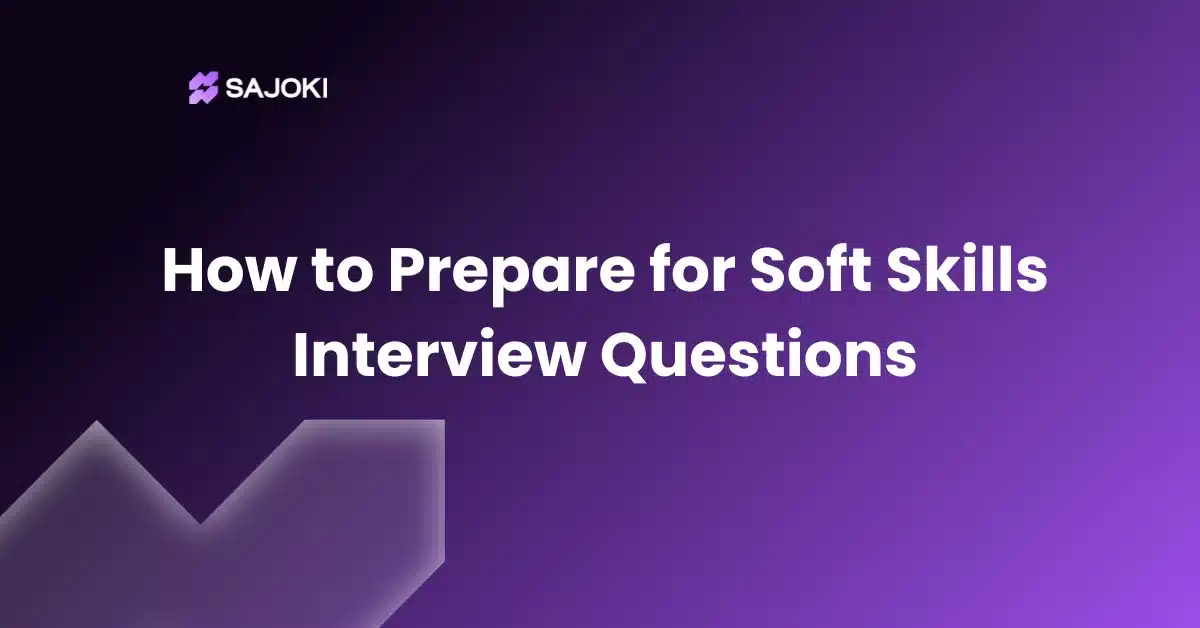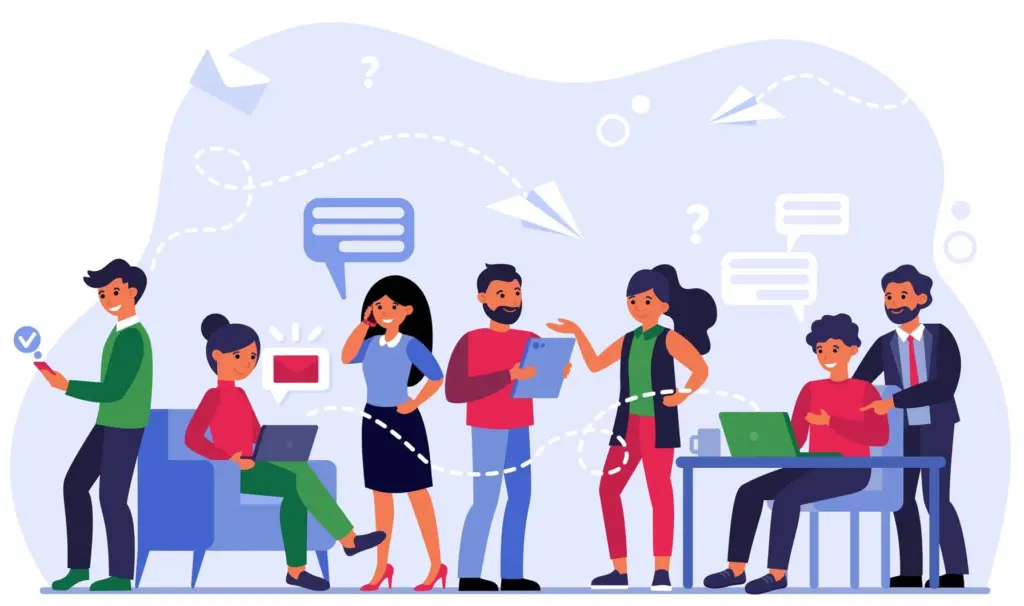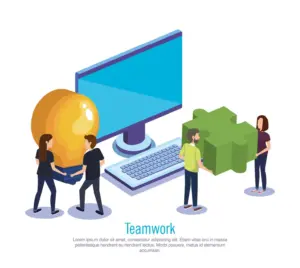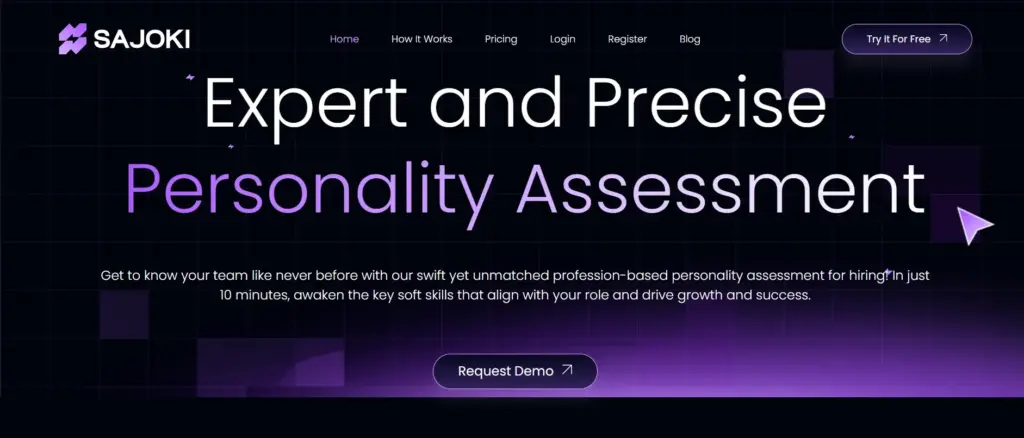Introduction
Soft skills are the foundation for ensuring the success of a workplace. Unlike technical abilities, soft skills influence problem-solving, teamwork, and leadership effectiveness. Employers prioritize candidates with strong interpersonal skills, as they contribute to a productive and harmonious work environment.
Employers evaluate soft skills using behavioral questions to determine how applicants deal with challenges. That is why job applicants must prepare for soft skills interview questions properly. They have to show flexibility, problem-solving skills, and excellent interpersonal skills to impress.
In this blog, we will cover mastering soft skills interviews with real-life strategies and examples. From learning common interview questions to creating effective responses, this guide will equip you to confidently face your next interview. Continue to find out how to make a lasting impression!
Why Are Soft Skills Important in Interviews?
Soft skills are what will characterize workplace relationships and professional success. They determine the level at which employees communicate, collaborate, and problem-solve with the work environment. Employers seek individuals who can adapt to challenges and assist in developing workplace culture.
Improves Workplace Communication
Good communication facilitates employees to convey ideas properly and listen carefully to others. Good communication promotes successful cooperation and minimizes workplace misunderstandings.
Demonstrates Problem-Solving Ability
Employers want to hire individuals who can solve problems and think critically. Soft-skill interviews test the applicant to break down a scenario and make sound judgments.
Indicates Leadership Potential
Leadership is not people management, it is motivating and inspiring groups. Decision-making, delegation, and conflict resolution skills are the skills interviewers test for to evaluate leadership ability.
Enables Teamwork and Collaboration
A company fares better if employees coexist harmoniously. Soft skills interviews show whether the candidate can handle different groups and be a source of positivity.
Displays Adaptability and Emotional Intelligence
Working environments keep on evolving, and employees must adapt. Soft skills interviews look into the adaptability of a candidate, how they deal with stress, and how they conduct themselves during a bad moment.
How to Prepare for Soft Skills Interview Questions
Before you head into an interview, it’s very important to understand which soft skills are the most valued to your employers. Below are some key steps that can help you prepare for soft skills interview questions more effectively.
1. Familiarize Yourself with the Most Desired Soft Skills by Employers
They look for employees with excellent interpersonal and professional skills that fit well into their corporate culture. Hence, to understand which soft skills are most relevant to your work will allow you to tailor your responses accordingly. Some of the most important areas are:
- Communication – The ability to convey ideas clearly and listen actively.
- Teamwork – Working collaboratively with diverse individuals to achieve goals.
- Problem-solving – Thinking critically to analyze challenges and find solutions.
- Adaptability – Quickly adjusting to new situations, feedback, or work environments.
- Leadership – Taking initiative, motivating others, and making effective decisions.
2. Practice the STAR Method
The STAR method (Situation, Task, Action, Result) is a structured approach to answering behavioral interview questions effectively. It helps you link experiences in a concise and interesting manner. Here is how it is applied:
- Situation – Define a particular event or issue that you faced.
- Task – Explain the purpose or responsibility you had in that situation.
- Action – Enumerate what you did in order to get to the goal or solve the problem.
- Result – Explain the outcome of your actions and what you have gained from the experience.
3. Prepare Responses to General Soft Skills Interview Questions
Soft skills interviews usually consist of behaviorally based questions that test your reactions to past experiences. Anticipating in advance with answers will enable you to respond confidently and concisely. Here are some examples of questions and answers:
- Give an account of a workplace conflict that you have observed.
- How do you cope with work pressure?
- Provide an example when you were required to accommodate change.
- Give an example of when you inspired a team.
Apply the STAR method and respond with pre-prepared answers.
4. Apply Real-Life Examples
Stock answers won’t impress interviewers. Instead, offer real-world workplace experience that represents your skills optimally. To illustrate, to answer a teamwork question, tell a story where teamwork was vital for success.
5. Enhance Your Non-Verbal Communication
Soft skills are more than verbal; non-verbal is also very important. Maintain eye contact, assertive use of hands, and active hearing. Your professionalism and hospitality need to be perceived in your demeanor.
6. Emphasize Emotional Intelligence
Emotional intelligence is critical in communication and teamwork. Employers will do everything to hire people who can manage emotions, empathize, and resolve conflicts. Be ready to provide examples of how you applied emotional intelligence.
7. Practice Mock Interviews
Practice with your friend or advisor to refine your responses. Simulated interviews help you build up confidence and rework your responses as per input. Record yourself to review tone, clarity, and non-verbal cues.
8. Understand the Company Culture
Every company emphasizes unique soft skills. Learn their company culture and mimic your answers accordingly. If teamwork is emphasized, emphasize your team-working ability. If leadership is emphasized, showcase your decision-making and motivational ability.
9. Be Positive and Genuine
Recruiters are open to positivity and honesty. Avoid complaining or blaming others. Emphasize instead how you recovered from obstacles and learned from failures. Credibility is built with the interviewer through genuineness.
How SAJOKI Helps in Soft Skills Assessment
SAJOKI is an artificial intelligence-driven tool, which tests personality and soft skills. SAJOKI provides accurate feedback regarding strengths and weaknesses. SAJOKI is used by organizations to shortlist candidates on the basis of teamwork, leadership, and adaptability.
SAJOKI tests help the employers make more informed hiring decisions by including SAJOKI tests in the recruitment process. The job applicants can also use SAJOKI to examine their strengths and improve their soft skills before an interview.
Frequently Asked Questions (FAQs)
How can I identify my best soft skills?
Self-assessment tools, peers’ input, and artificial intelligence tools like SAJOKI can expose your innermost soft skills.
How can I improve soft skills for an interview?
Practice communication, teaming, and flexibility in your routine work. Take training sessions and join group discussions.
Is it worth including soft skills on my resume?
Yes, highlighting soft skills in your resume gives employers a better idea of your abilities beyond technical skills.
Will soft skills make me stand out in an interview?
Absolutely! Employers often prioritize soft skills like leadership, problem-solving, and adaptability when making hiring decisions.
How long should my answers be in a soft skills interview?
Give answers concise but meaningful, ideally 1-2 minutes per question, using the STAR approach to explanation.
Conclusion
Well-prepared candidates who prepare for soft skills interview questions and get ready with well-structured answers and instances from everyday experience shine. Knowledge of key competencies, communication skill improvement, and mock interview practice increase confidence levels.
AI-powered tools like SAJOKI can make it easier to get evaluated and improved in soft skills for career achievement. Spend time preparing, be yourself, and demonstrate your soft skills successfully to make a good impression on interviewers.










